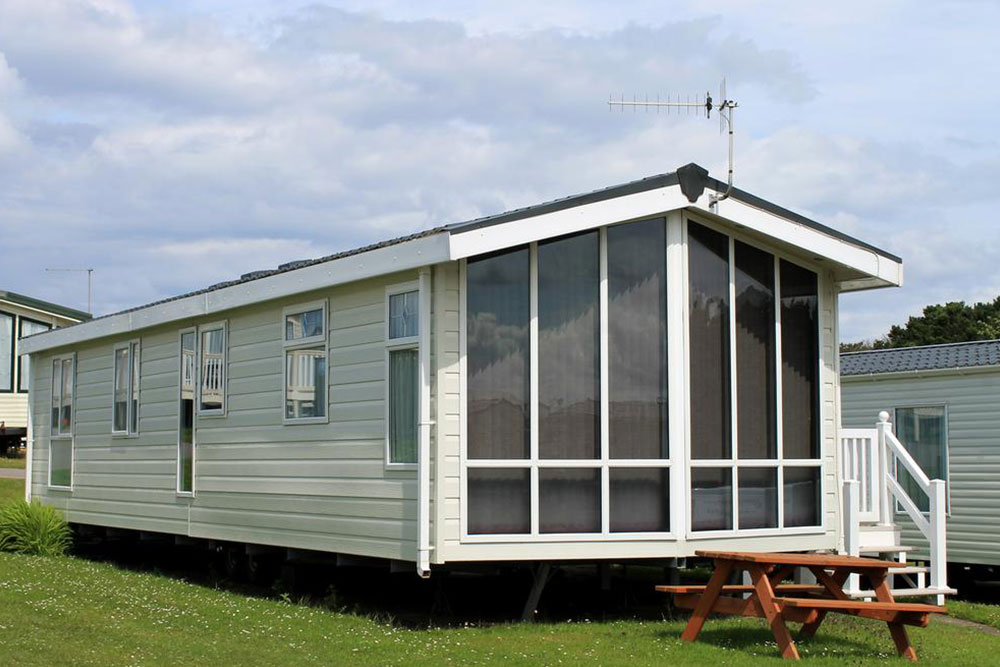Guide to Housing Vouchers: Eligibility and Application Process
This comprehensive guide explains the Housing Choice Voucher Program, including eligibility criteria, application steps, and support for urgent housing needs. It provides essential information for low-income families and vulnerable populations seeking affordable rental options nationwide.

Guide to Housing Vouchers: Eligibility and Application Process
The Housing Choice Voucher Program, often called Section 8, is a federal initiative that helps low-income families, seniors, and individuals with special needs access safe, affordable rental homes in the private market. Managed by local Public Housing Agencies (PHAs), these vouchers provide financial assistance, enabling recipients to rent various types of housing such as apartments, townhouses, mobile homes, or single-family residences that meet program standards.
How the Voucher System Operates
Funded by the U.S. Department of Housing and Urban Development (HUD), approximately 2,200 local and state PHAs administer the program, serving over 2.3 million families and 5 million people nationwide.
Applicants can apply online or in person. Once approved, they select suitable housing that complies with program rules. Vouchers may cover the entire rent or a portion; if partial, the PHA pays their part directly to the landlord, and the tenant covers the remainder. Recipients are typically given a minimum of 60 days to find housing, though this period can sometimes be extended.
The landlord must ensure that the property meets federal quality standards and that the rent aligns with local market rates.
Eligibility Requirements for Housing Vouchers
Common criteria include:
Income Limits: Household income must be below 50% of the area's median income, with larger families often qualifying for higher income thresholds.
Disability Status: Households with members showing proof of disability may receive priority.
Citizenship or Legal Residency: Applicants must be citizens or have approved immigration status.
Background Checks: Criminal histories are reviewed, and applicants with certain convictions may be disqualified.
Eviction History: Past rental behavior and obligations are verified through previous landlords.
Local Residency: Applicants generally need to reside within the jurisdiction offering the voucher.
Application Process
Interested individuals should contact local PHAs to apply. The process varies but typically involves submitting documents like rental history, proof of income and identity, residency proof, and immigration status. The application review considers income, nationality, and residency. Due to high demand, waiting times can span months or years, with priority given to vulnerable groups like seniors, disabled individuals, and those experiencing homelessness.
Emergency Housing Vouchers
In urgent cases, HUD can allocate special vouchers for homeless families, those at risk, or fleeing violence. These emergency vouchers bypass usual queues and are available nationwide without zone restrictions, offering rapid assistance. Applicants should promptly contact their local PHA to discuss eligibility and availability.






